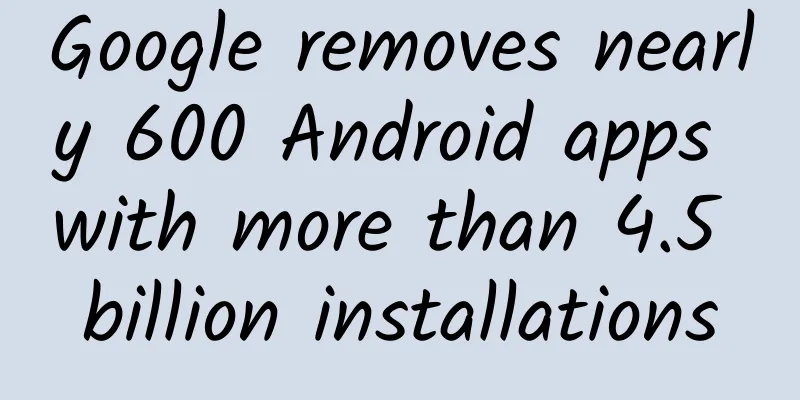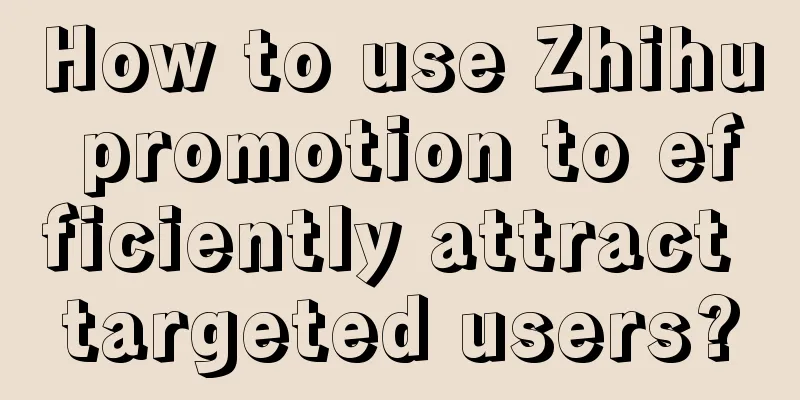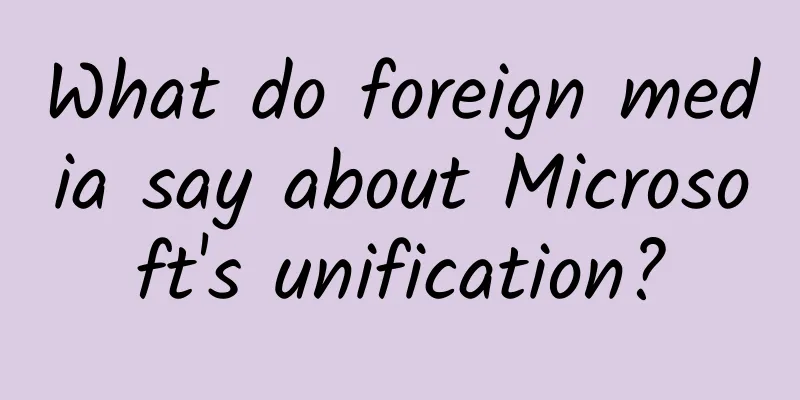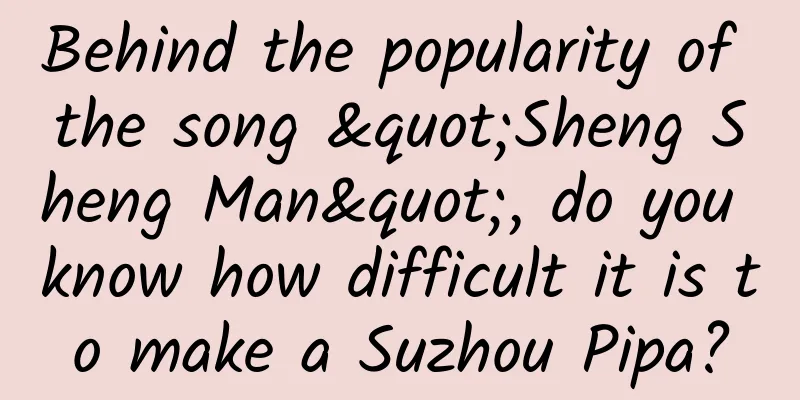Google removes nearly 600 Android apps with more than 4.5 billion installations

|
According to foreign media reports, in its recent large-scale crackdown on ad fraud and "disruptive" advertising, Google has removed nearly 600 Android applications and banned their developers from entering the Google Play Store and its advertising network. The largest developers banned from Google's app store and ad network include Cheetah Mobile, which was revealed to have engaged in ad fraud in November 2018. Google subsequently removed Cheetah Mobile's offending apps but allowed it to continue offering other apps in the app store. However, as of the morning of February 20, local time in the United States, approximately 45 applications of Cheetah Mobile in the Google Play Store have all been removed, and these applications no longer display ads on Google's advertising network. Per Bjorke, Google's senior product manager for ad traffic quality, said the apps removed had been installed more than 4.5 billion times, were primarily targeted at English-speaking users, and were developed by developers from China, Singapore and India. Bjorke declined to name specific apps or developers, but said many of the banned apps were utilities or games. In 2019, Google also banned developer Chubo after BuzzFeed News and a security firm provided evidence that Chubo had not actually changed its behavior even after notifying Google that it had stopped running a large number of “disruptive” ads. Google's policy against "disruptive" ads prohibits developers from continuing to display ads when their apps are not in use, and also prohibits ads from being displayed in a way that causes "inadvertent clicks." Bjork said an example would be an app showing a full-screen ad when a user is trying to make a phone call. "This is an intrusive tactic that leads to a poor user experience, disrupts key device functions like phone calls and GPS, causes inadvertent ad clicks, and wastes advertisers' money," Bjork said, adding that Google deployed new technology late last year to automatically detect if apps are showing ads when not in use. The change helped identify the offending apps and developers, leading to today's ban. "When violations are first detected, we issue notices and warnings to developers and allow them to correct the problem," Bjork said. "If they don't correct their behavior, we take strong action." He also said that while some offending apps and developers used similar techniques to display "disruptive" ads and avoid detection, it was unclear whether there was cooperation between them. Google has begun refunding brands that display disruptive ads. |
<<: What should I do if WeChat login is restricted? Here is the most detailed official tutorial
>>: OPPO Chip Manufacturing: Long-term and Short-term Concerns on the Edge of Top 5
Recommend
Inquiry on the investment price of Bozhou Moving Mini Program. How much is the investment price of Bozhou Moving Mini Program?
Starting a business requires costs, and mini prog...
Comet Zijinshan-Atlas has a reverse tail? What's going on?
Image caption: Comet Purple Mountain-Atlas in the...
After laptops, Sony has made e-books a failure
When it comes to e-books, Sony is the natural pion...
In-depth cooperation between hardware and content: ZIVOO and Mango TV open a new chapter in OTT ecology
With the advent of the intelligent era, hardware ...
Download Douyin Live Streaming Crash Course Baidu Cloud
Download Douyin Live Streaming Crash Course Baidu...
Wow! It turns out that our food contains so much "technology and hard work"!
Reviewer: Wang Guoyi Postdoctoral fellow in Nutri...
How to do influencer marketing? Analyze 3 tips!
Internet celebrity marketing is a very interestin...
A "secret" that can save a ship from the brink of death
Are you curious too? What is the secret that allo...
Chengdu and Chongqing: Dinosaurs are everywhere
The Sichuan Basin lies between Chengdu and Chongq...
When people get old, do they really smell like old people?
People with life experience know that many elderl...
After promoting tens of millions of information flows, I have summarized these 6 experiences!
In today's mobile Internet era, we receive a ...
Jiang Xiaobai’s brand upgrade strategy!
In the past two years, there has been less copywr...
We have clearly seen the evolution from single cells to humans, so why do people still say that biological evolution has no direction?
The day before yesterday, we happened to talk abo...
How to do ASO optimization (Must read for App operation and promotion)
Share outline: 1. ASO optimization 2. How to do b...
How to quickly take a product from 0 to 1 in an unfamiliar field in a short period of time
In the past half month, I took over two new produ...









